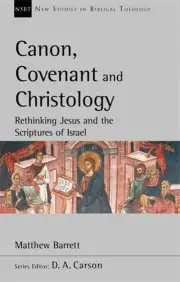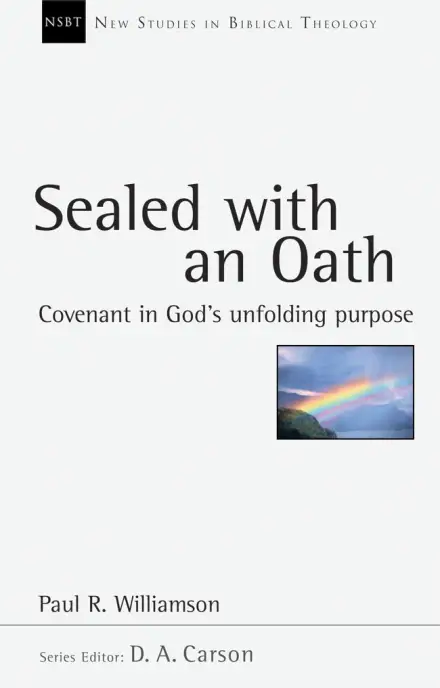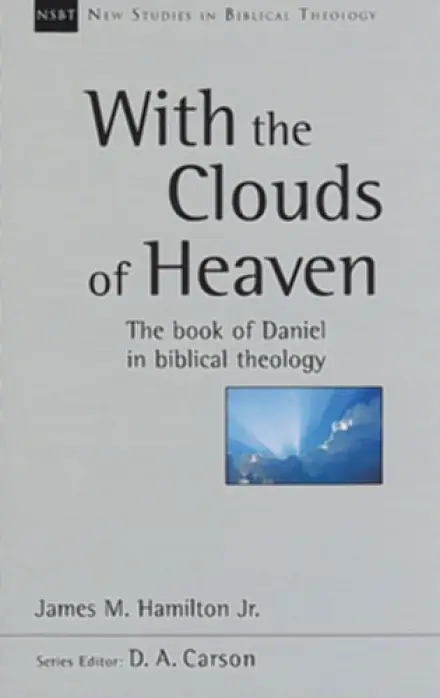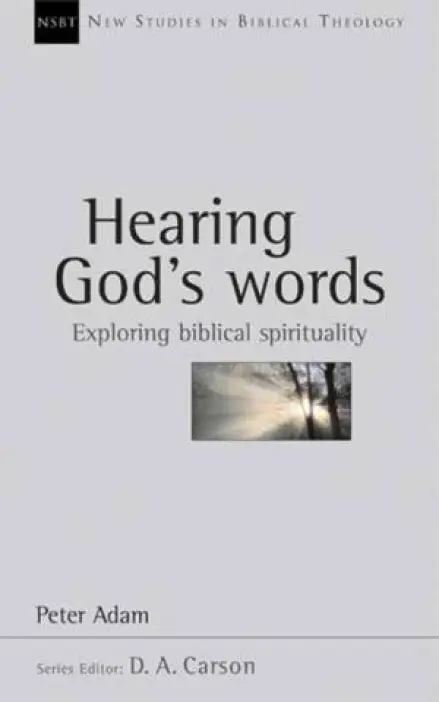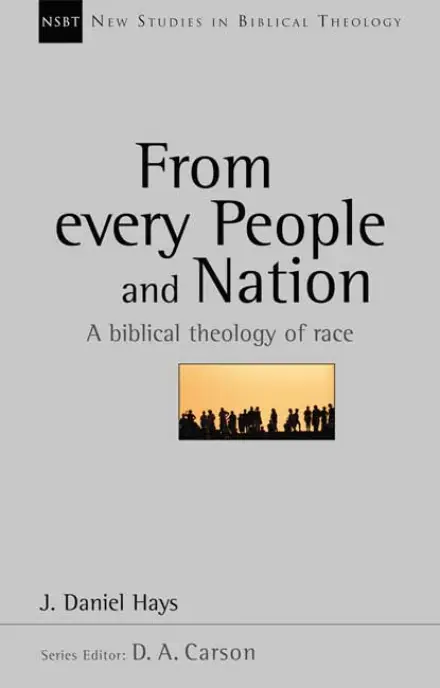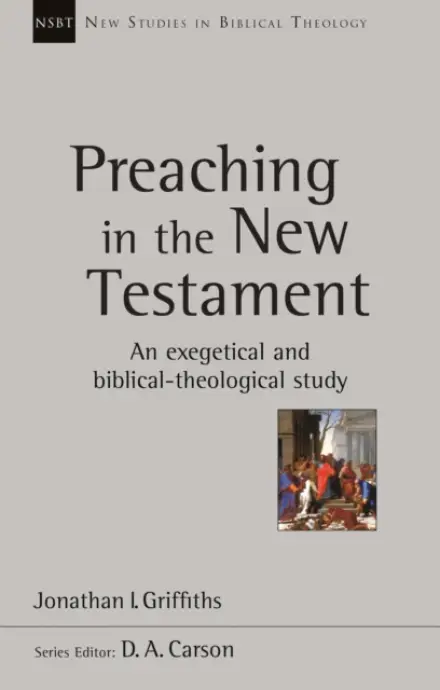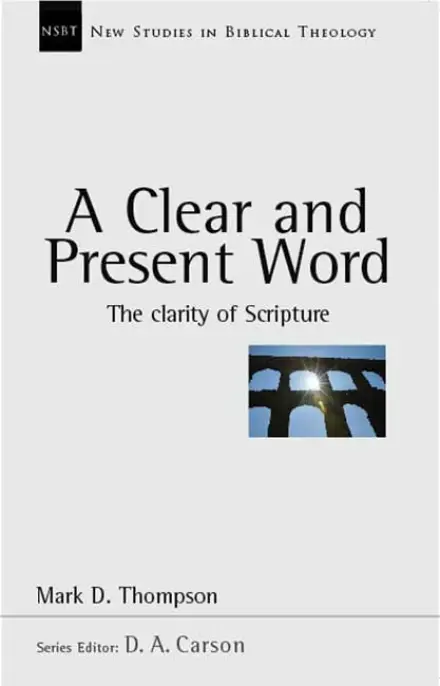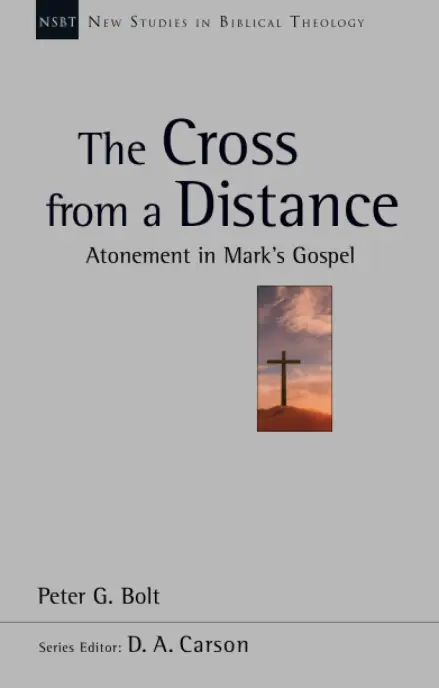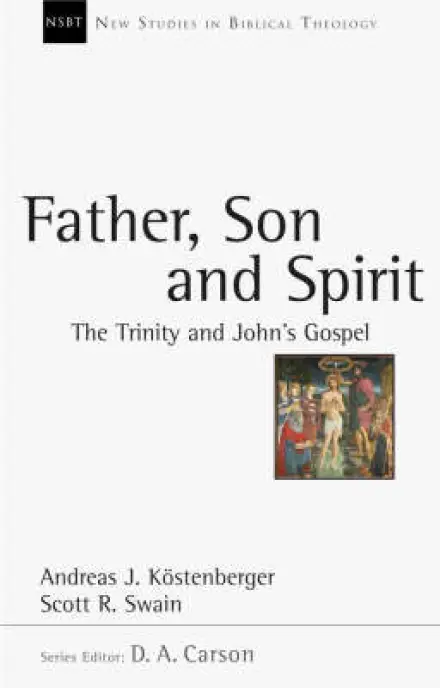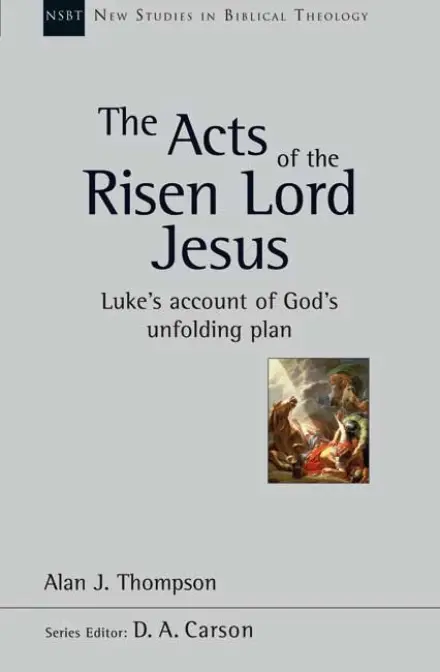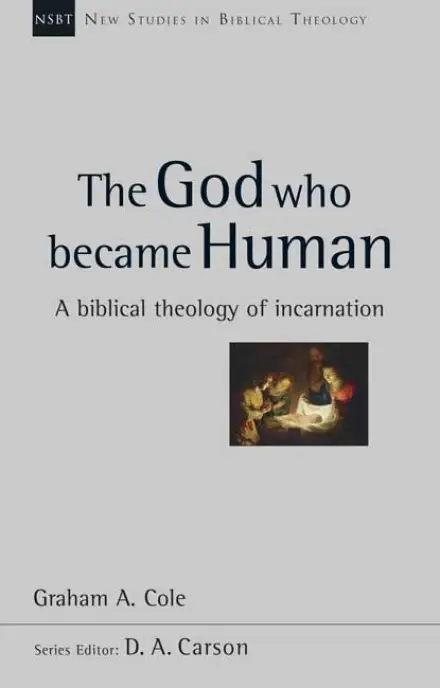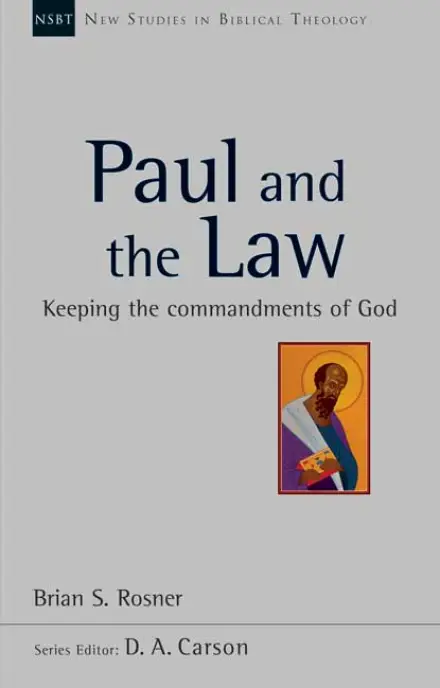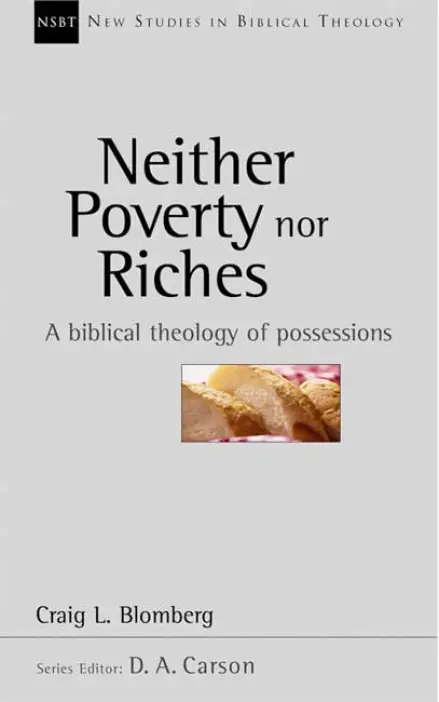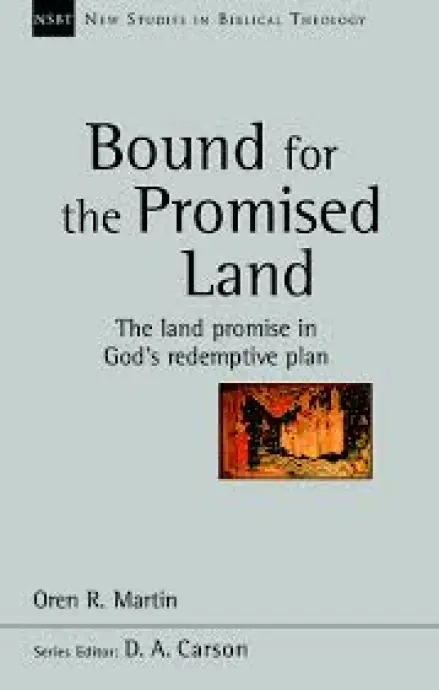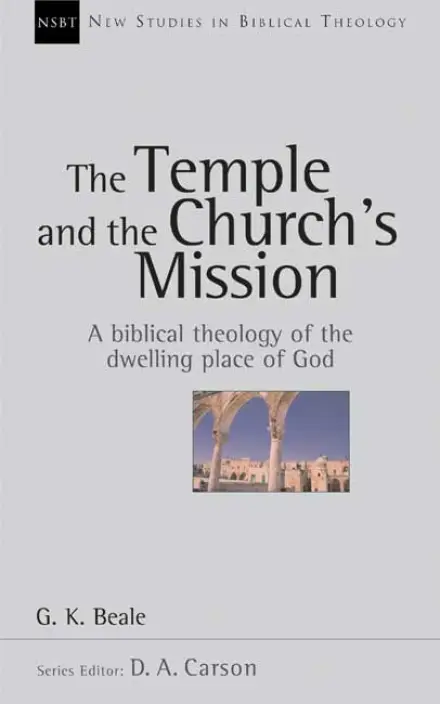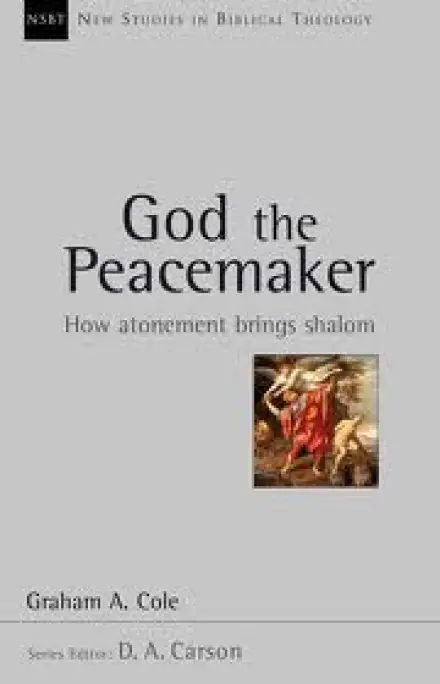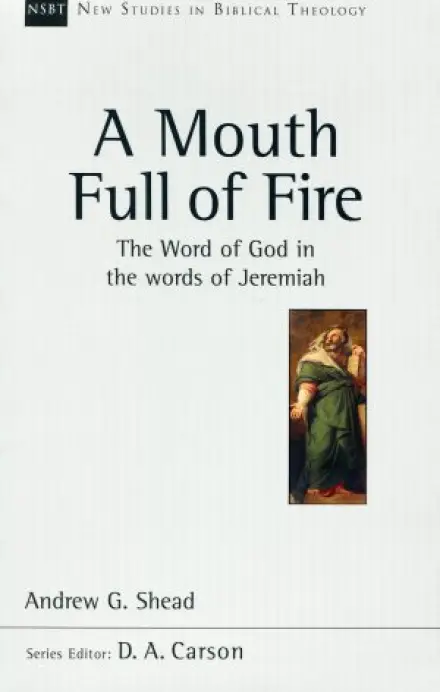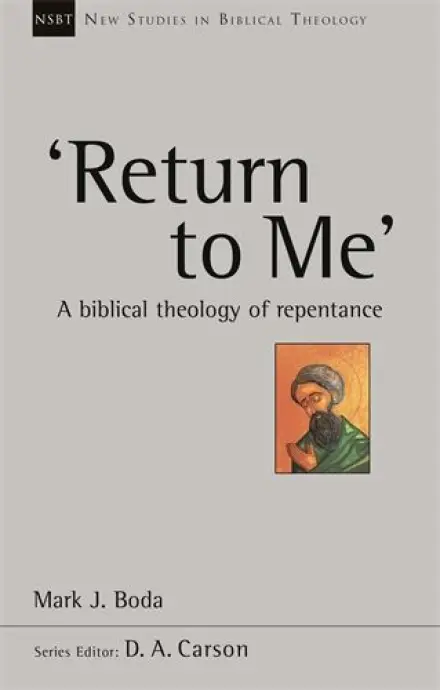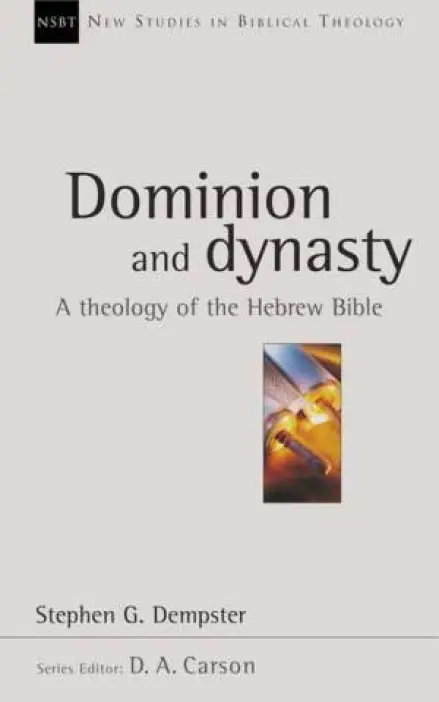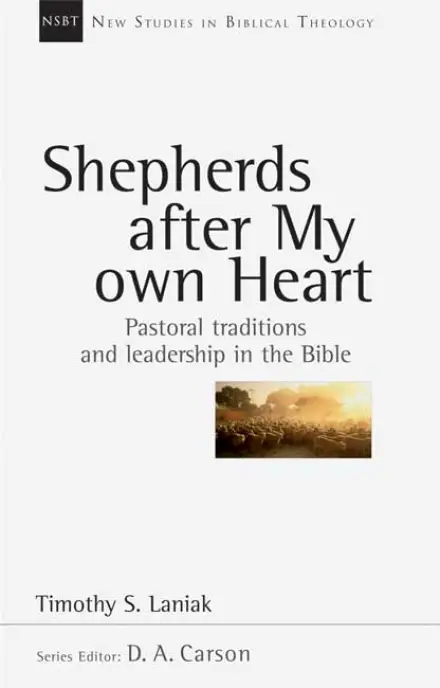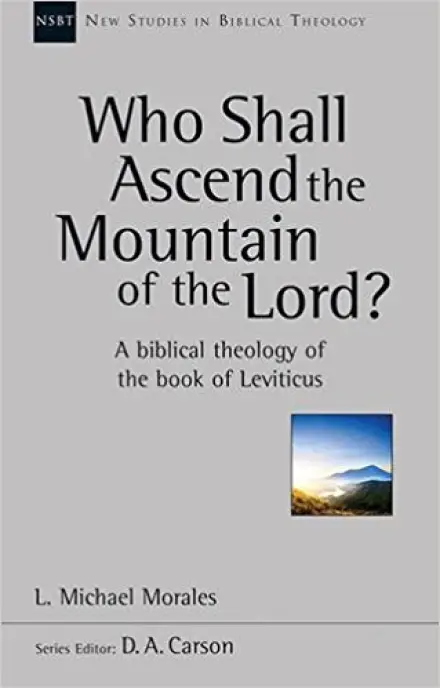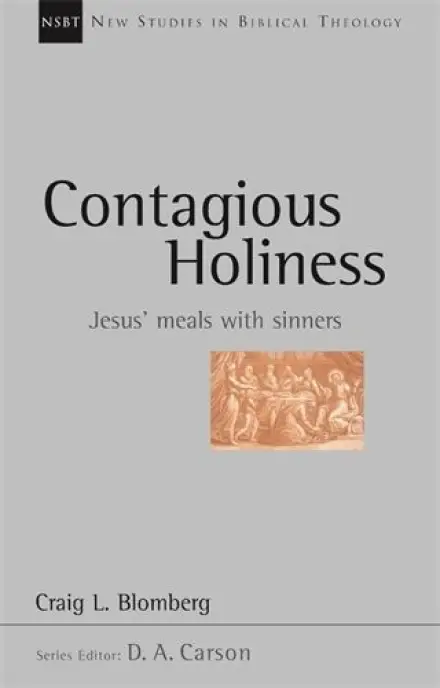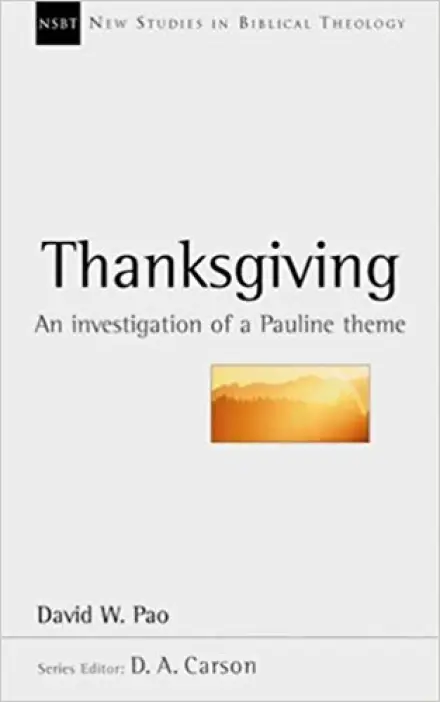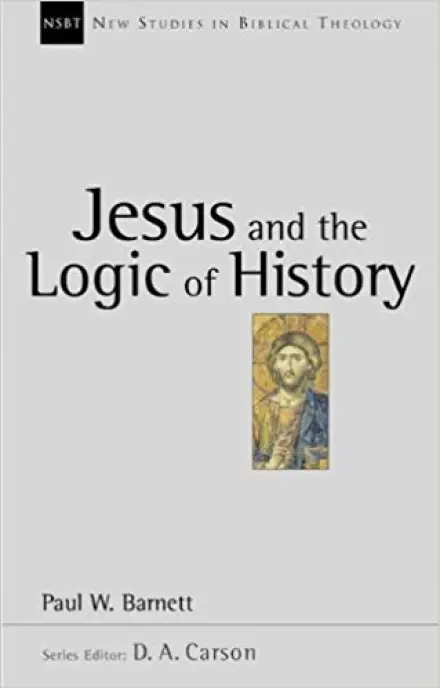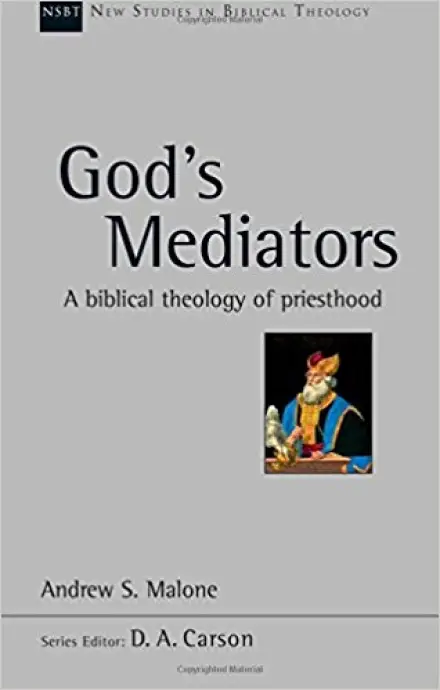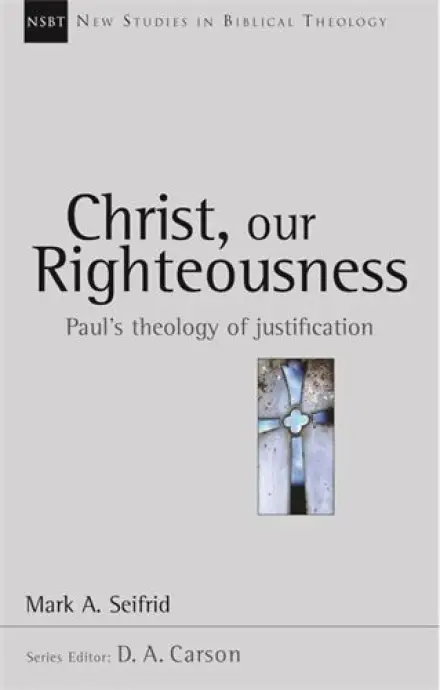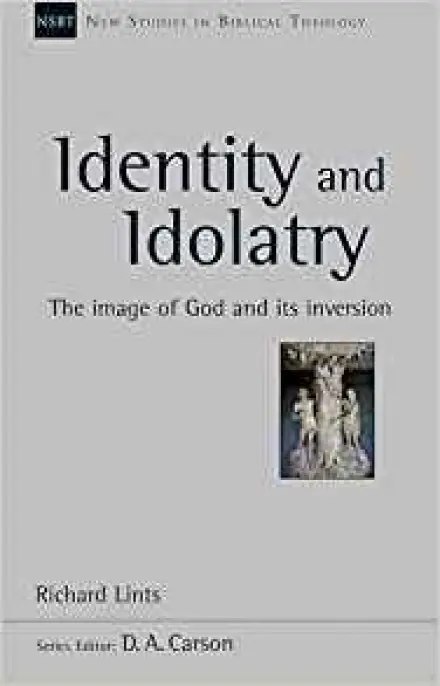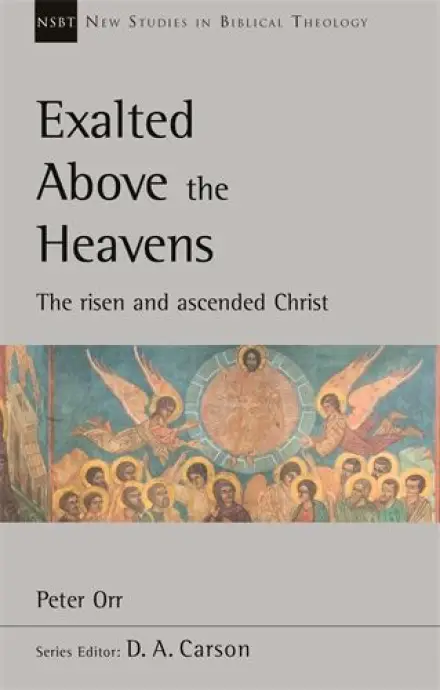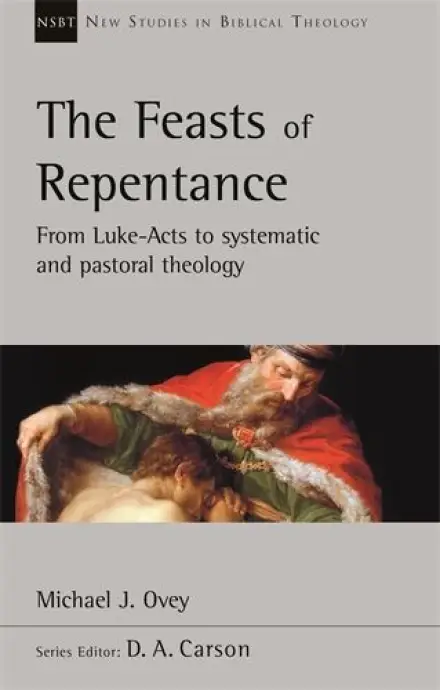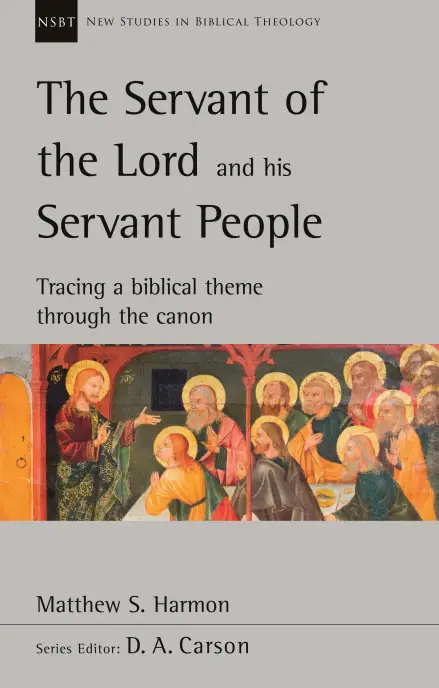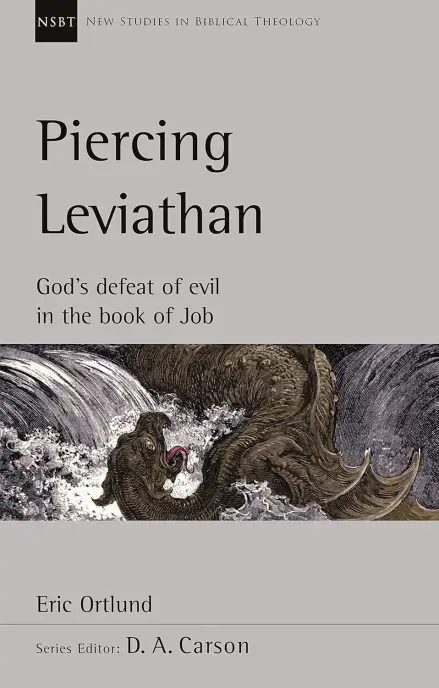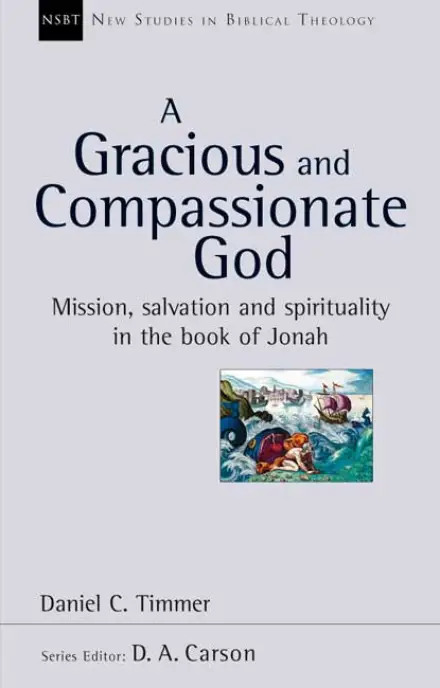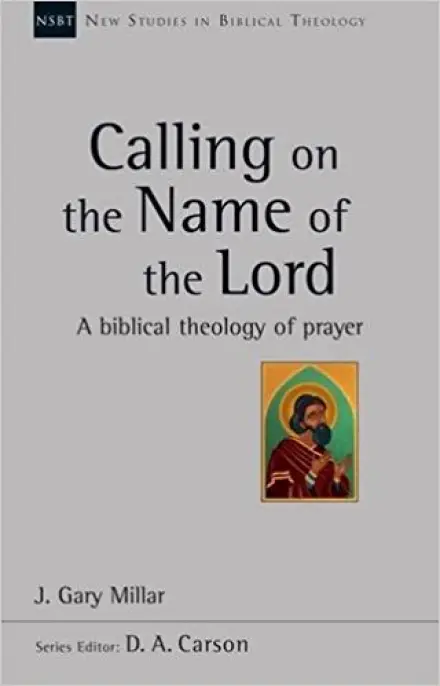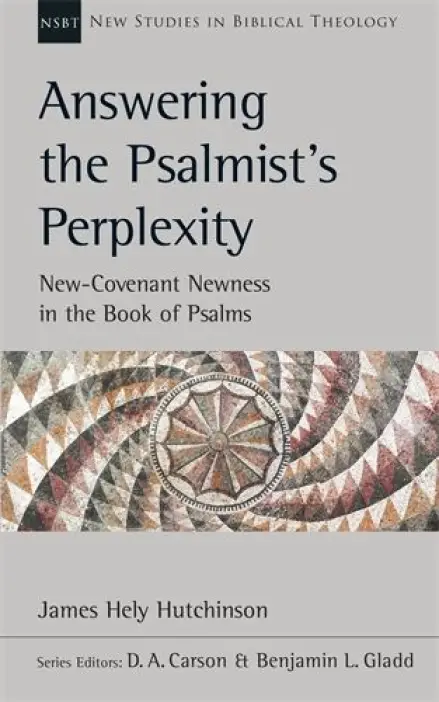Matthew Barrett argues that Jesus and the apostles have just as convictional a doctrine of Scripture as Paul or Peter, but it will only be discovered if one reads the Gospels within their own canonical horizon and covenantal context. The nature of Scripture that Jesus and the Gospel writers presuppose may not be addressed directly, but it manifests itself powerfully when one reads the words of Jesus and the Gospel writers within the Old Testament's promise-fulfilment pattern. Nothing demonstrates scripture's divine origin and trustworthy nature more than the gospel of Jesus Christ. In the advent of the Son of God, the Word has become made flesh (Jn. 1:14), announcing to Jew and Gentile alike that God has come through on his inscripturated, covenant word.
Contents
Introduction: Reorienting the hermeneutical approach to Jesus and the scriptures of Israel
1. Divine authorship, canonical unity, and the presuppositions of biblical theology
2. The book of the covenant and canon consciousness
3. The scripture must be fulfilled: The Matthean witness (Case study 1)
4. The ultimate fulfilment and self-disclosure of God: The Johannine witness (Case study 2)
5. Living by every word from the mouth of God: What Christ's covenant obedience to the scriptures says about the scriptures
6. The Word Became Flesh: From Christology to canon
-
Title
Canon, Covenant and Christology
-
Author(s)
-
Series
-
ISBN
9781783595440
-
Format
Paperback
-
Publisher
-
Audience
Church Leaders
-
Pages
384
-
Published
01/02/2020
